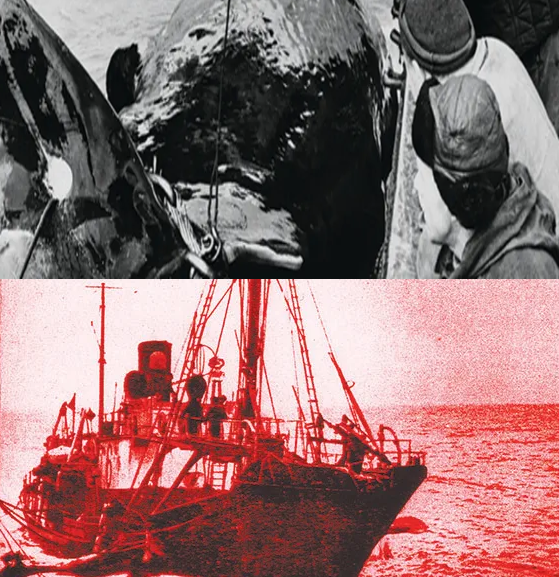The mapping of the academic production network is important for representing scientific activity in an area of knowledge. The objective of this study was to map the scientific collaboration networks regarding accounting disclosure and the underlying theories. The bibliometric method of exploratory nature was used with the use of the network analysis techniques of authorship in documents extracted from Elsevier's Scopus base in the period from 1968 to 2019. The sample was composed of 486 documents, the analysis being aided by the Vosviewer software. The results indicate that the groups with the most significant links in the authorship networks were represented by the authors Qingliang Tang (Western Sydney University), Lúcia Lima Rodrigues (University of Minho) and Dennis M. Patten (Illinois State University) besides their respective co-authors. The most widely endorsed theories were: the Legitimacy Theory, the Institutional Theory, the Agency Theory and the Stakeholders Theory. In the analysis of the proximity between fields of investigation, three clusters were identified, one relating to corporate governance and social responsibility, another linked to the disclosure of carbon and climate change, and a third that constituted a discussion link between mandatory and voluntary disclosure. The evidence points to the existence of international research groups with a certain cohesion of relations between countries and researchers in the global north. The implications of the results point to the need to strengthen the ties of researchers and institutions inside and outside the country in this field of investigation, especially when considering the country as strategic in relation to the challenges of the climate and environmental crisis.
Fonte: aqui. Trabalho da Luciana Sardeiro e Bilhim. O levantamento é muito abrangente e deveria servir de base para qualquer discussão sobre o assunto a partir de agora. Veja que as conclusões foge do tradicional Verecchia.






